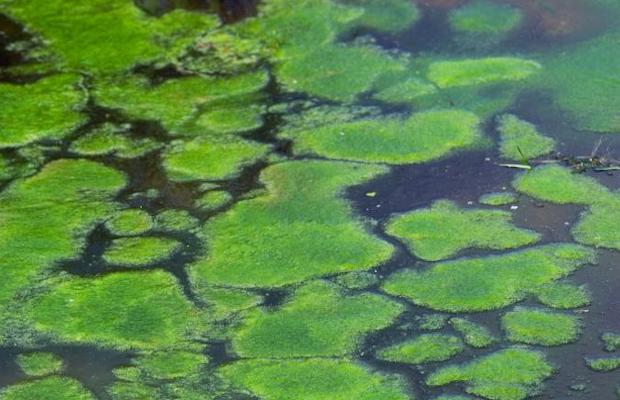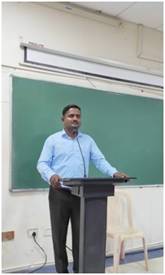

While fossil fuels deplete, the fuel potential of algae residing in the vast marine environment surrounding India remains unexplored. Low-cost biodiesel from micro algae of marine origin may soon turn a reality, thanks to the efforts of a scientist who is working on biotechnological studies and tools for increasing the lipid accumulation in micro algae for biodiesel production.


Realizing the rapid depletion of petroleum-based fuels, Dr. T. Mathimani from the National Institute of Technology, Tiruchirappalli, Tamil Nadu, started exploring alternative fuels from renewable and sustainable sources. While different types of biofuels that have been explored recently, the use of micro algae has been strongly considered for the production of biofuels since they present a series of advantages over other biofuel feedstock, and this route to sustainable fuels inspired him.
His submission on techniques for enhancing Triacylglycerol content in marine micro algae towards economic biodiesel production received the “Innovation in Science Pursuit for Inspired Research (INSPIRE) faculty fellowship instituted by the Department of Science & Technology, Government of India.
In his research supported by this award published in the journal ‘Chemosphere’, Dr. T. Mathimani’s and his team have isolated predominant strains of marine micro algal species namely Picochlorum sp., Scenedesmus sp., Chlorella sp., from the coastal regions of Tamil Nadu for their potential in terms of total organic carbon content, and Triacylglycerides (TAG) content for biodiesel production. Scientist Algae
The team is now focusing on other micro algal candidates for their multiple biotechnological potentials and switchable polarity solvent (SPS) system based lipid extraction. SPS is an energy-efficient switchable solvent that can be recovered devoid of any thermal processes and can be reused as green solvent for algal lipid extraction with no effect on the environment.
Metabolic engineering approaches can be used to escalate TAG accumulation for increasing biodiesel yield, and magnetic nano-composite (MNC) can be used for several cycles of algal dewatering, and its treated culture suspension can be reused to scale down the biodiesel production cost significantly. These three approaches would be considered in their study for sustainable and low-cost production of biodiesel.
The group will formulate a roadmap by which biodiesel can be produced commercially and can be put in an energy market sustainably.
Source: saurenergy.com
Houston headquartered Syzygy Plasmonics has announced the beginning of Front-End Engineering and Design (FEED) with…
State owned THDC India Limited (THDCIL) has announced the successful commencement of COD process of…
The Uttar Pradesh government is preparing to launch the Uttar Pradesh Sustainable Aviation Fuel (SAF)…
India’s cooperative sugar industry is urging the government to revise ethanol procurement prices and extend…
The Indian Biogas Association (IBA) has announced a key step taken to boost biofuels sector…
In a key development that would bolster the development of green hydrogen in the North…